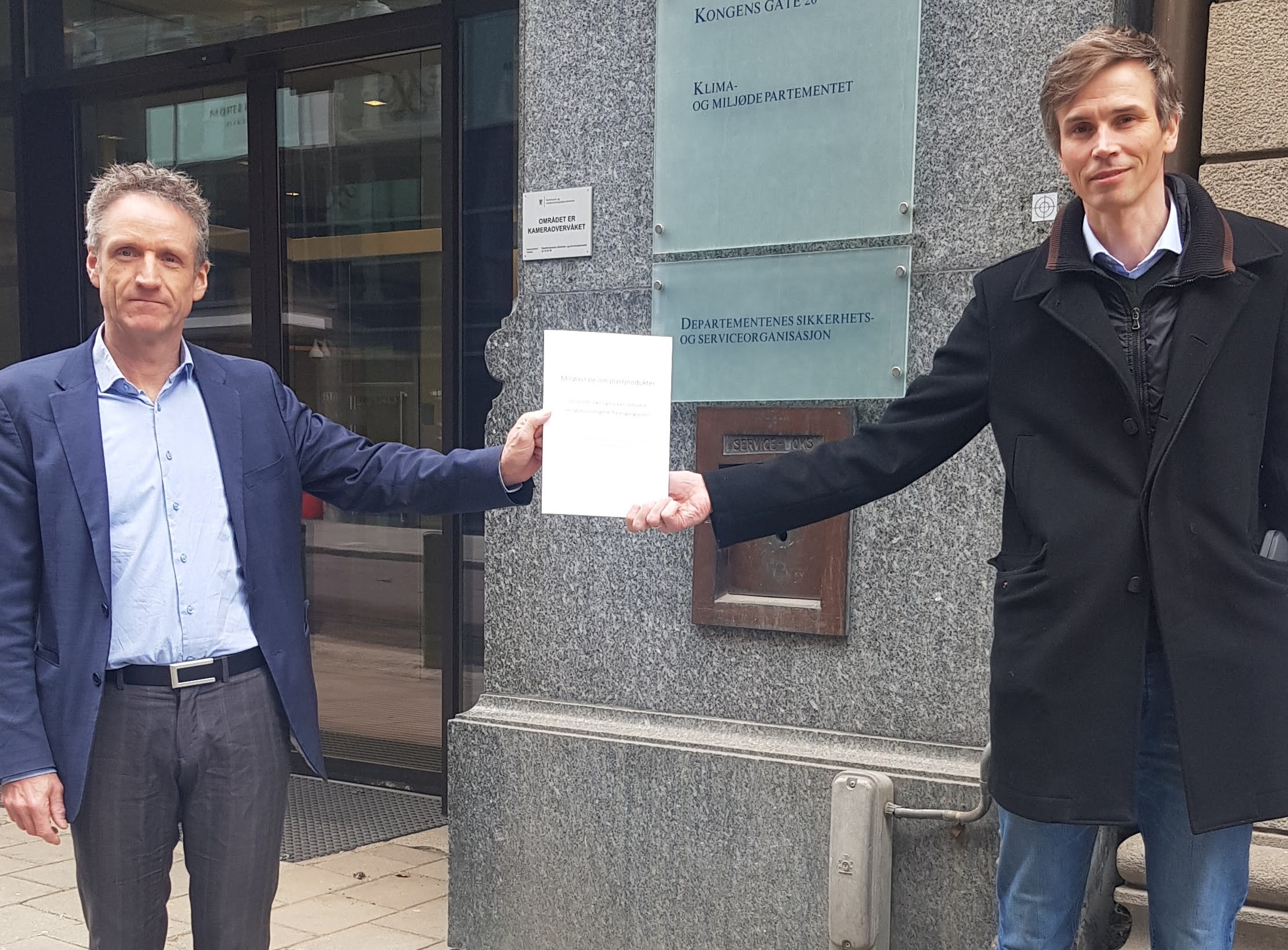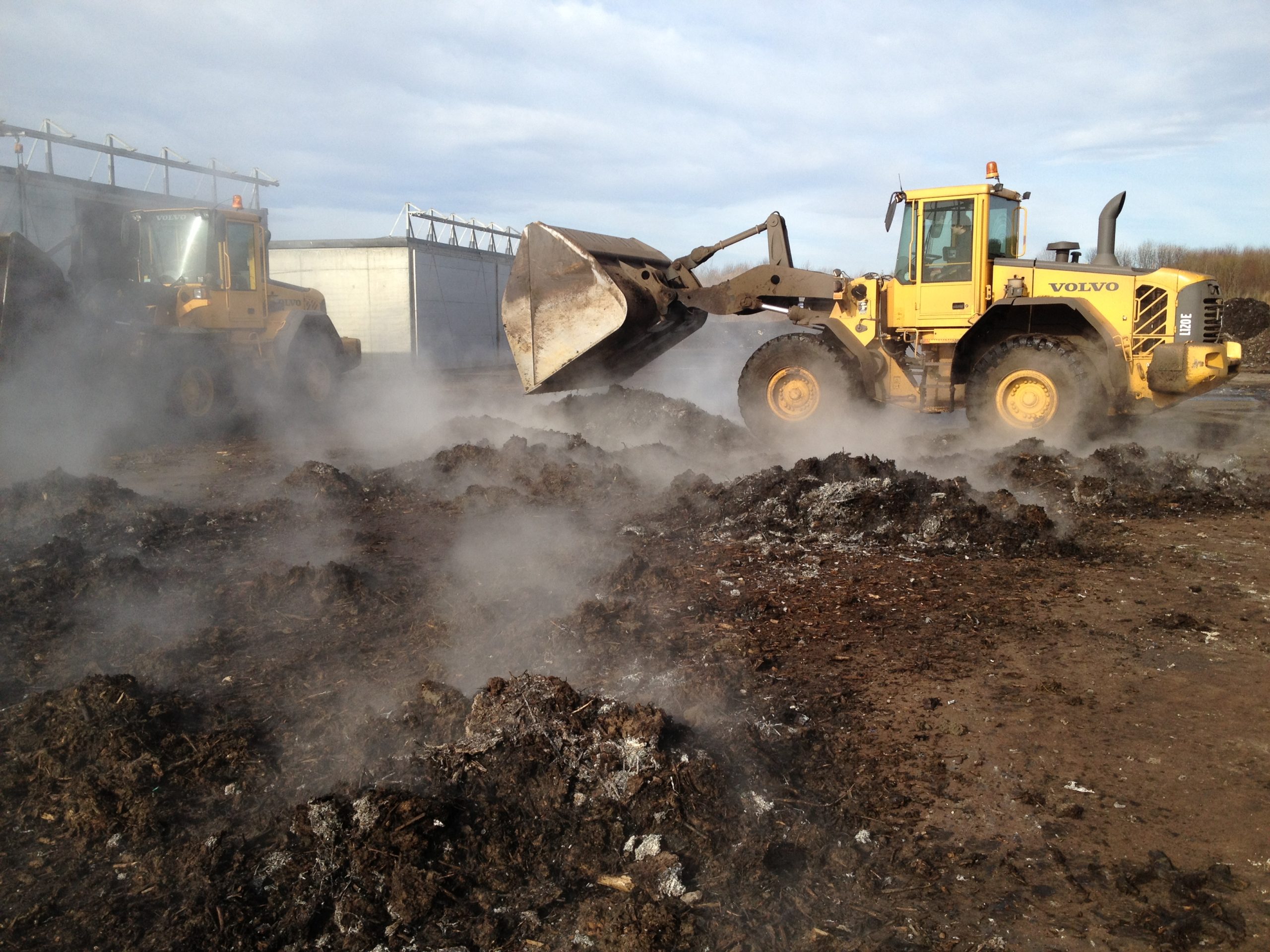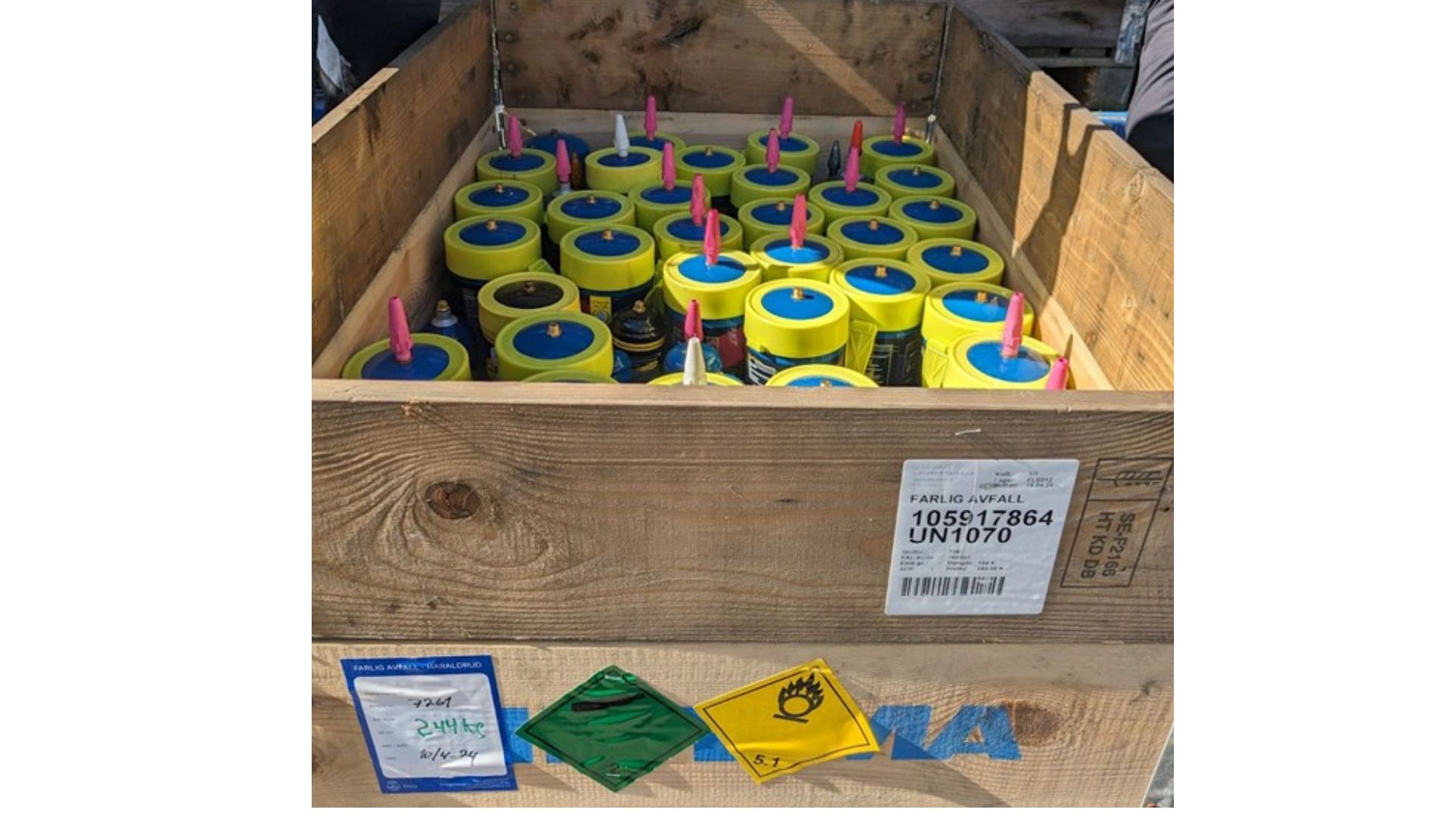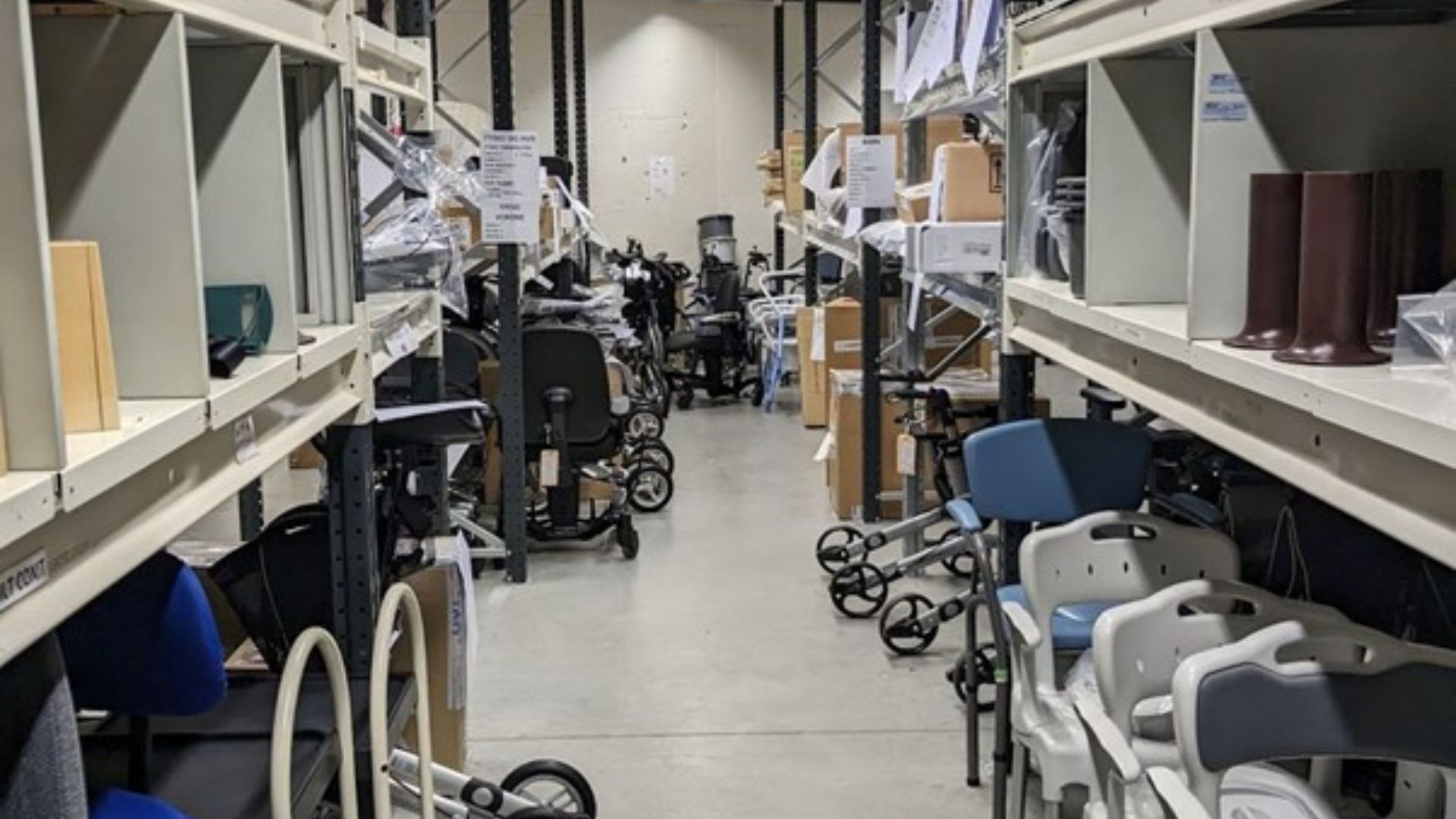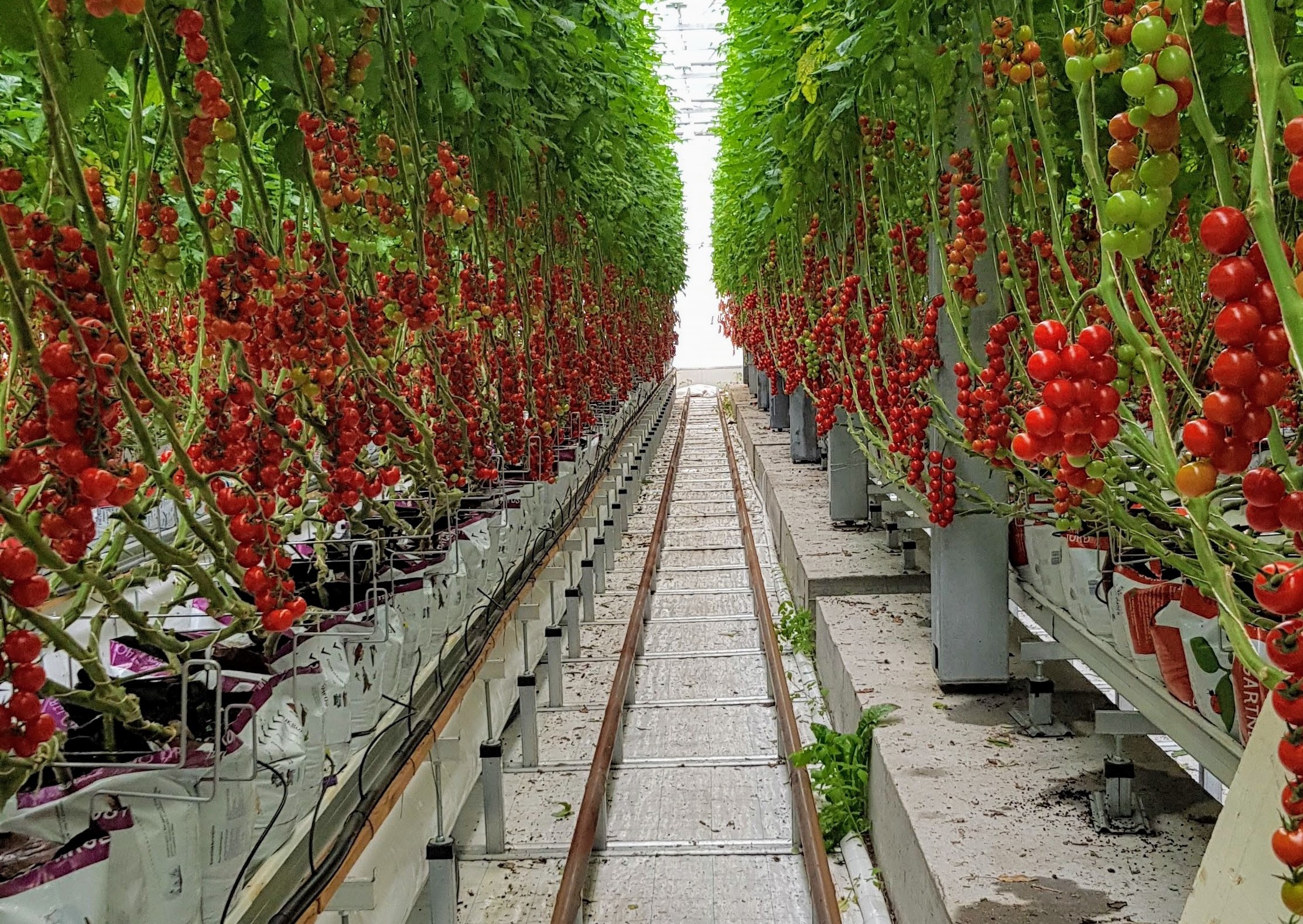The Norwegian government appointed a committee to study the possibilities for an environmental agreement on certain types of single-use plastic (SUP) products. Norwaste has been secretary of the committee.
The report, which on the 1st of April 2020, was sent to the Ministry of Climate and Environment, recommended that the government enter into negotiations with the business community on a possible environmental agreement on plastics. The EU Single-Use Plastics Directive lists several measures that must be implemented in the EEA countries. The directive allows for the requirement for consumption reduction (cups for beverage, such as coffee cups, and food containers intended for immediate consumption) and extended producer responsibility to be resolved through binding agreements with the industry. Based on this, the government set up a committee to look more closely at the possibility of an agreement, consisting of representatives from the business organizations, the employee organizations, Keep Norway Clean and WWF.
The report points out that a first step for an agreement will be to put in place a reporting system to be able to establish realistic targets for consumption reduction. It is also proposed that an environmental agreement can be extended to apply to more products and more measures than required by the directive. The actors report that they remove unnecessary SUP products not necessary in serving or in their assortment. Restaurants are turning to crockery in porcelain, chains selling disposable products focus to a greater extent on more multi-use products and other alternatives to disposable packaging. Where disposable products are needed, further are switching to alternatives in several other non-plastic materials. This transition has been typically unproblematic for products such as straws, stirrers, cotton swabs and balloon swabs. There are greater challenges associated with finding alternatives to cutlery, plates, lids, corks, cups, and beverage cartons. Because of this a lot of work is done with the development and testing of alternatives to these products.
Most companies work actively with design for recycling. Awareness of this is largely present, and companies state that they want their products to be recyclable. Many companies look for solutions to minimize plastic packaging and plastic in general in their assortment.
There is a great willingness to switch to reduced use of single used plastic products in the business sector. The final report and previous background report from Norwaste show that there is already a lot of activity to reduce the environmental impact of SUP-products. background report from Norwaste shows that there is already a lot of activity to reduce the environmental impact of disposable plastic products.
